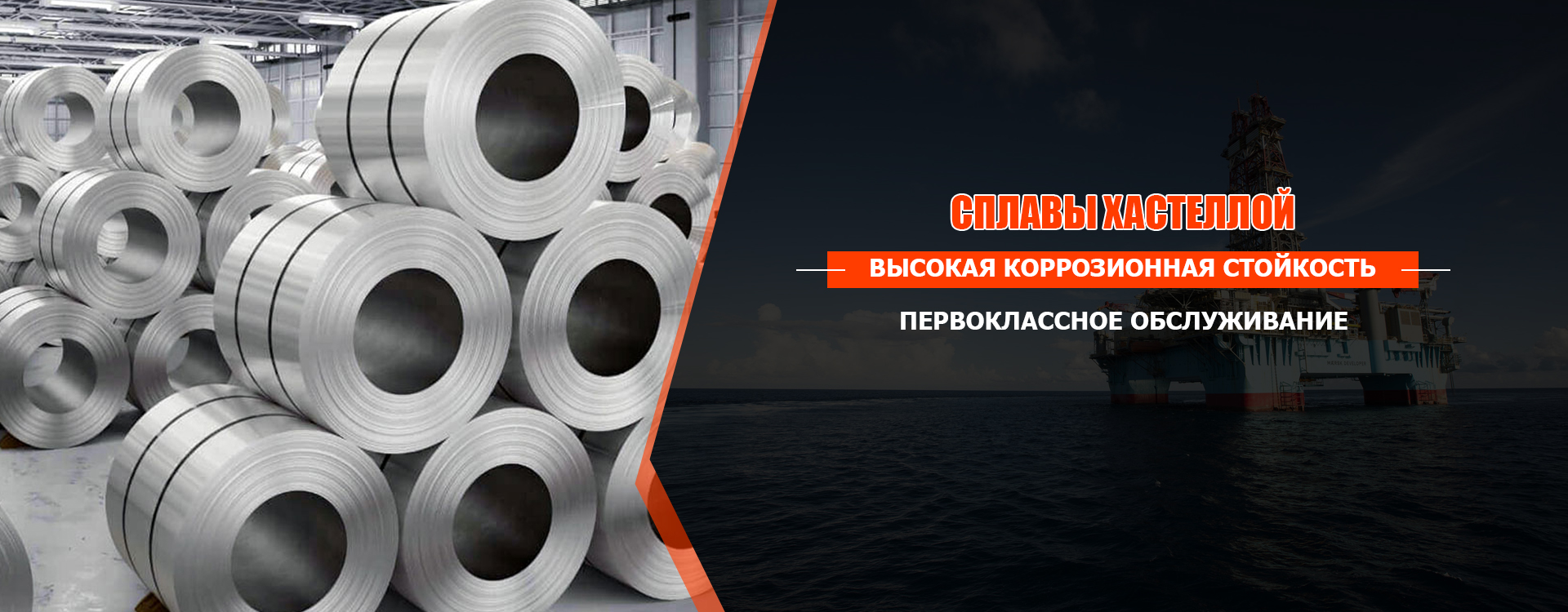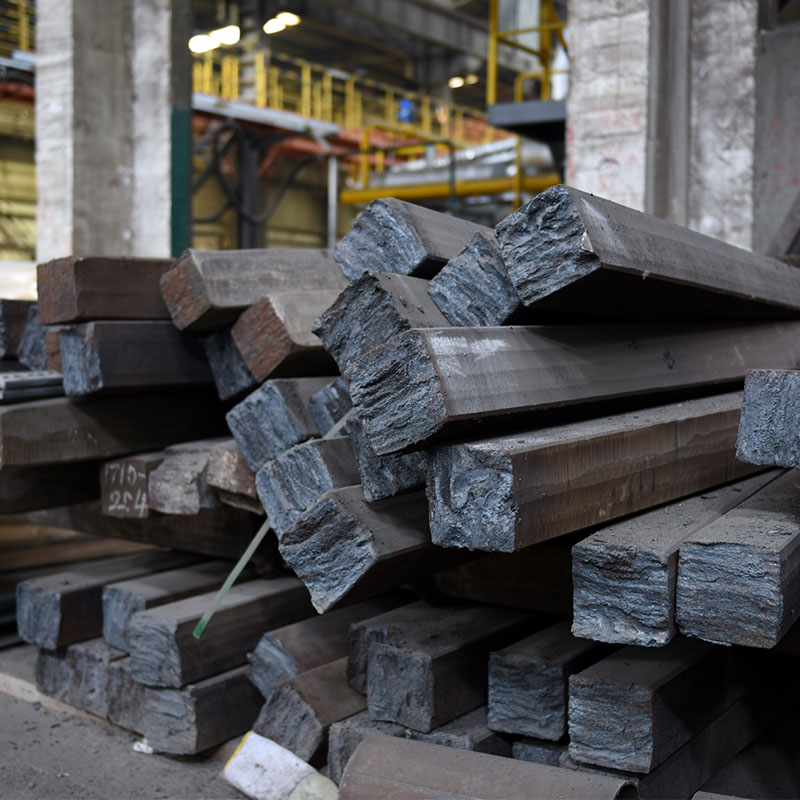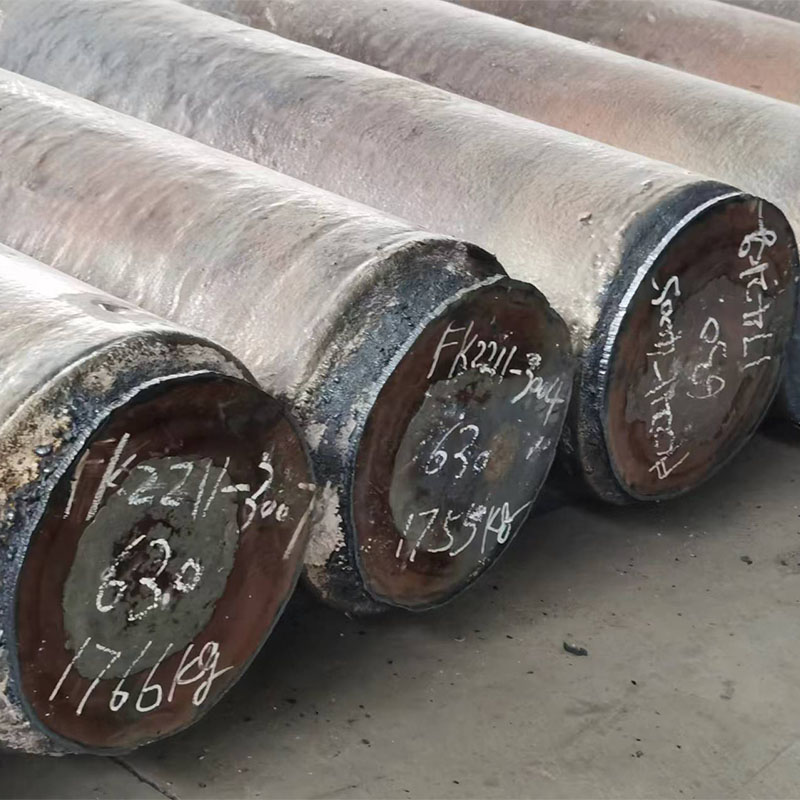
Steel bearing stainless
Steel bearing stainless
Bearing stainless steel is a special type of steel that has unique properties that make it indispensable in various technical applications. Imagine a material that combines the strength and resistance to corrosion - here it is, bearing stainless steel. She is like a reliable friend, always ready to cope with the load and maintain her integrity even in difficult conditions.
The main characteristics and application
This steel is characterized by high hardness and strength, which allows it to withstand significant mechanical stresses. That is why it is actively used in the production of bearings, where it serves as the basis for parts subject to significant loads and friction. Thanks to the stainless property, this steel is resistant to corrosion, this is what makes it indispensable in aggressive media, for example, in the chemical industry or in conditions of high humidity. It is used in various industries, from automotive and ending with aircraft industry. In general, where durability and reliability are required.
Advantages over other steels
The lack of other types of steels is a vulnerability to corrosion. Bearing stainless steel solves this problem. It retains its properties even with prolonged exposure to moisture and aggressive chemical environments. This means that the mechanisms made from it will serve longer and can cope with the load without problems, which is especially relevant in difficult operating conditions. In addition, high hardness and strength make it resistant to wear, increasing the life of the mechanisms.
Production technologies and development prospects
The production of this steel requires complex technological processes. This is due to the need to achieve high quality and characteristics. Modern technologies allow you to get steel with specified parameters, ensuring high accuracy of the manufacture of parts. The development of technology will allow in the future to receive even more strong and persistent alloying alloys, expanding the possibilities of use in various industries. Studies are also aimed at reducing costs in production, which will make this steel more affordable and democratic in use.
AppropriateProducts
Corresponding products
The best soldproducts
The best -selling products-
 High -temperature bearing steel G102CR18MO (9CR18MO)
High -temperature bearing steel G102CR18MO (9CR18MO) -
 Superfisted stainless steel 316L-uhp-a
Superfisted stainless steel 316L-uhp-a -
 Histella alloy C-276 (N10276)
Histella alloy C-276 (N10276) -
 Alloy Inconel 625 (N06625)
Alloy Inconel 625 (N06625) -
 Alloy Monel 400 (N04400)
Alloy Monel 400 (N04400) -
 Alloy Incola 825 (N08825)
Alloy Incola 825 (N08825) -
 HH4169 frying alloy (in718)
HH4169 frying alloy (in718) -
 (Super) High -strength steel A100
(Super) High -strength steel A100 -
 Dispersion-hardening stainless steel 630 (17-4ph)
Dispersion-hardening stainless steel 630 (17-4ph) -
 Duplex steel 2205 (F60)
Duplex steel 2205 (F60) -
 Austenitic stainless steel n08367
Austenitic stainless steel n08367
Connectedsearch
Related search- Chinese manufacturers of chrome stainless steel alloys
- Manufacturers who buy Hastella N06022
- Plants for purchase Monel 400
- Buy hardening sediment stainless steel 631 suppliers
- Buy 632 (15-7ph) Plant
- Chinese factories for the production
- China Inconsel 925 Plants
- Manufacturers 2205 (F60) from China
- Buy manufacturers of strong profile pipes made of stainless steel
- Suppliers who buy rods from Inclhal





